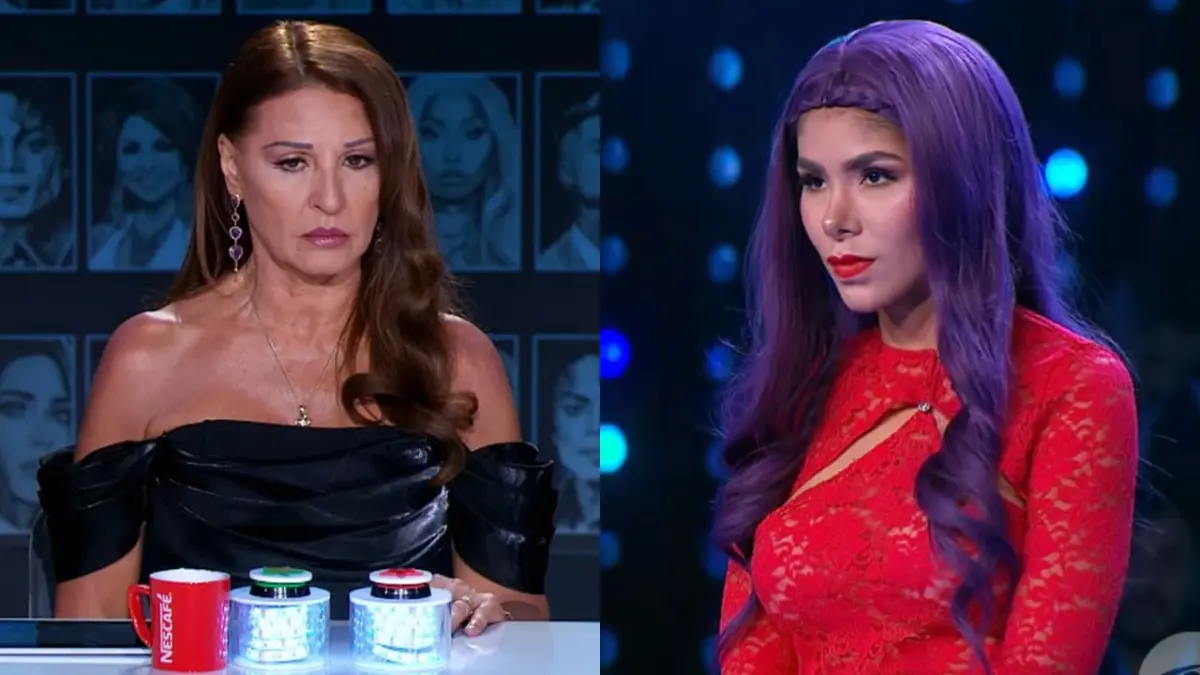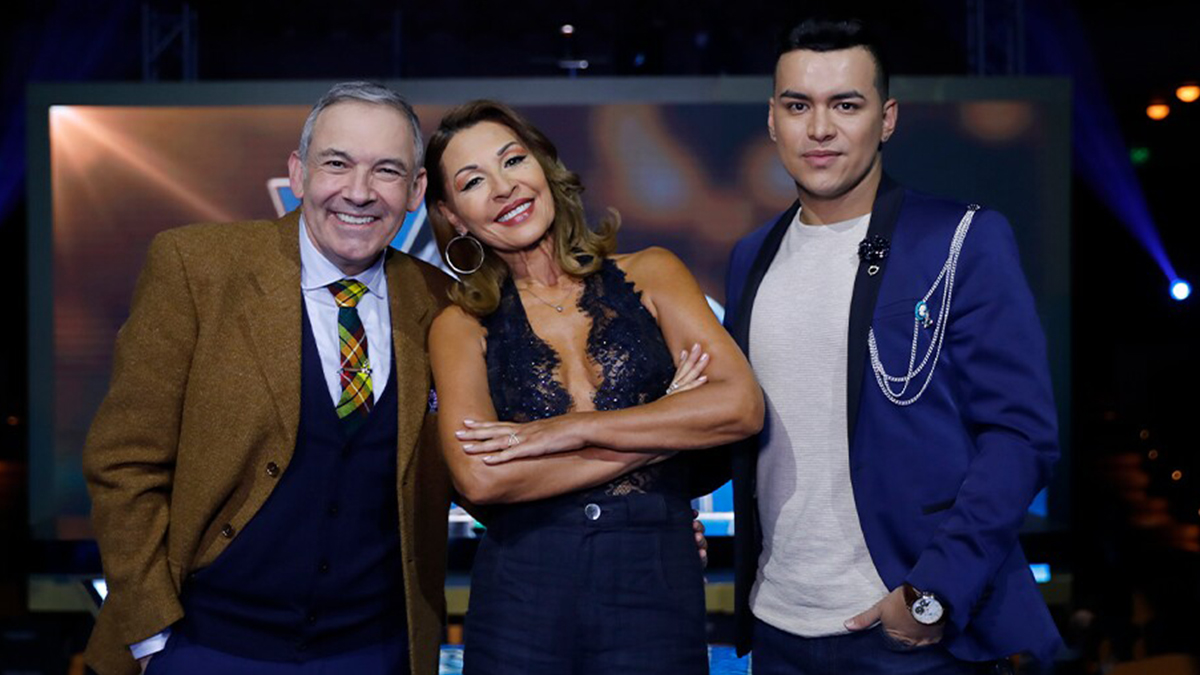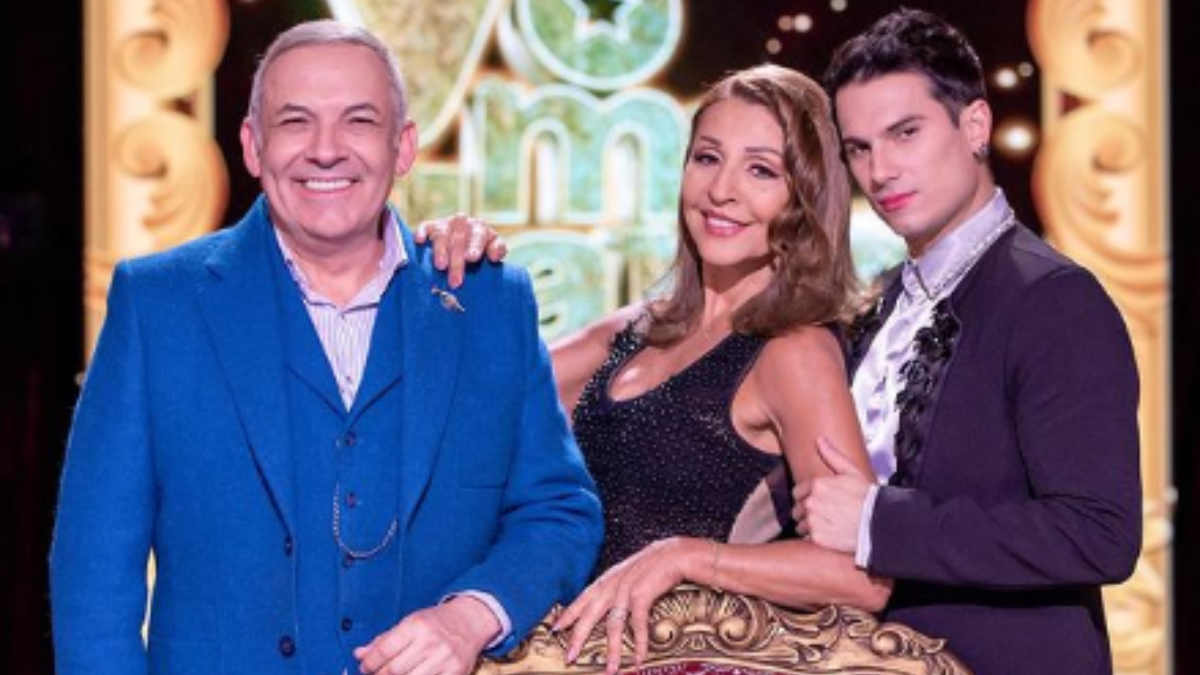Criticism or Public Humiliation in ‘Yo Me Llamo’?

The hit reality TV show Yo Me Llamo, known for its talent search and entertainment value, has recently found itself at the center of a heated debate.
Fans and critics alike are questioning whether the show is genuinely providing constructive criticism to aspiring artists or if it is crossing the line into public humiliation.
As controversy swirls around some of the judges’ harsh remarks, the discussion about reality television’s impact on participants’ mental health has come to the forefront.
A Platform for Talent or a Stage for Ridicule?
Since its inception, Yo Me Llamo has been a popular show, attracting a wide audience who enjoy watching contestants impersonate famous singers.
Participants work tirelessly to perfect their performances, imitating the vocal styles, appearance, and mannerisms of well-known artists.
The show aims to discover the best impersonator and reward them with a lucrative prize.

However, in recent seasons, the tone of the judges’ critiques has sparked backlash, with many claiming that their words are excessively harsh and even humiliating.
Some fans argue that criticism is a necessary part of any talent competition.
After all, contestants enter the show with the understanding that they will be judged.
Constructive feedback helps performers improve, refine their skills, and ultimately become better artists.
Supporters of the show claim that the judges are simply doing their jobs by pointing out flaws in performances and pushing contestants to achieve excellence.
However, others feel that the judges’ comments sometimes go beyond constructive criticism and enter the realm of humiliation. Some contestants have left the stage visibly distressed, and certain episodes have sparked online outrage over perceived public shaming.
The debate raises an important question: where should reality TV draw the line between critique and cruelty?
Controversial Judging Moments

The show’s judges, often seasoned musicians or entertainment professionals, play a crucial role in shaping contestants’ experiences.
While their critiques are meant to guide participants toward improvement, there have been multiple instances where the audience and social media users have deemed their words too harsh.
One such case involved a contestant who received brutal feedback on both their vocal abilities and personal appearance.
The judge’s tone was perceived as mocking rather than supportive, leading to public outcry.
Viewers took to social media to express their discontent, with many arguing that no one should be subjected to such treatment on national television.
In another controversial moment, a judge openly laughed at a contestant’s mistakes instead of offering constructive feedback.
While some found it entertaining, others believed it was disrespectful and unnecessary.

This fueled the ongoing debate about whether the show prioritizes drama and shock value over genuine artistic development.
The Psychological Toll on Contestants
Reality TV participants often experience high levels of stress, anxiety, and pressure.
The public nature of their performances and critiques means that they are not only being judged by professionals but also by millions of viewers.
Negative feedback, especially when delivered harshly, can have long-term effects on contestants’ self-esteem and mental well-being.
Former contestants have spoken out about the emotional toll of appearing on the show.
Some describe feeling humiliated on stage, while others admit that the harsh criticism affected their confidence and made them question their talents.
While some are able to use the experience as motivation to improve, others leave the competition feeling discouraged and disheartened.

Psychologists warn that public humiliation, especially in a high-pressure environment like a reality TV competition, can have lasting negative effects.
Rejection and harsh judgment, when not handled sensitively, can lead to anxiety, depression, and even a reluctance to pursue one’s passion.
In extreme cases, public shaming has driven reality show participants to experience serious mental health struggles.
Public Opinion and Social Media Reactions
The controversy surrounding Yo Me Llamo has sparked significant discussion on social media, with opinions divided.
Some fans defend the show’s approach, arguing that the entertainment industry is tough and that contestants need to develop resilience. They believe that the critiques, no matter how harsh, prepare participants for the reality of show business.
However, others insist that there is a difference between constructive criticism and public humiliation.

Many users have called for the show’s producers to enforce stricter guidelines on how judges deliver feedback, ensuring that it remains professional and supportive rather than belittling.
Social media has amplified the debate, with clips of controversial judging moments circulating widely. Hashtags such as #YoMeLlamoHumiliation and #RespectContestants have trended, with viewers demanding a change in the show’s approach. Some have even called for certain judges to be removed if they continue making insensitive remarks.
Should Reality Shows Be Held Accountable?
With reality TV playing a significant role in modern entertainment, it is important to consider the ethical responsibilities of producers and networks.
While drama and conflict can boost ratings, the well-being of participants should be a priority. If shows like Yo Me Llamo want to maintain their credibility, they must strike a balance between honest critique and respectful feedback.
Many suggest that producers should implement stricter guidelines on how judges interact with contestants. Training judges to provide critiques in a way that is constructive rather than degrading could improve the show’s reputation and create a healthier environment for participants.

Additionally, offering psychological support to contestants could help them cope with the pressures of competition.
Conclusion: Criticism vs. Humiliation
Yo Me Llamo continues to be a widely watched show, but its approach to contestant feedback has ignited an important debate.
While some believe that harsh critiques are an essential part of the competition, others feel that the show sometimes crosses the line into public humiliation.
As audiences become more aware of the impact of reality TV on mental health, shows like Yo Me Llamo may need to reconsider how they handle contestant evaluations.
Constructive criticism can be delivered without causing unnecessary harm, and ensuring that participants feel respected should be a priority.
Ultimately, whether one sees the judges’ comments as criticism or humiliation depends on personal perception.

However, the discussion has made one thing clear: reality television must evolve to balance entertainment with ethical responsibility. If the show fails to address these concerns, it risks alienating viewers who value dignity and respect over sensationalism.
.
.
.
.
.
.
.
.
.
.
.
.
.
.
.





